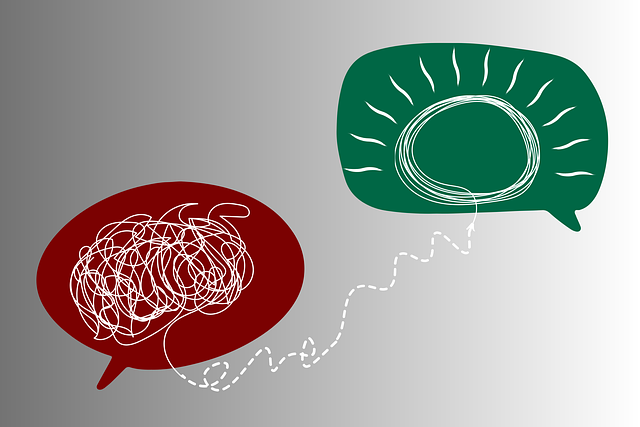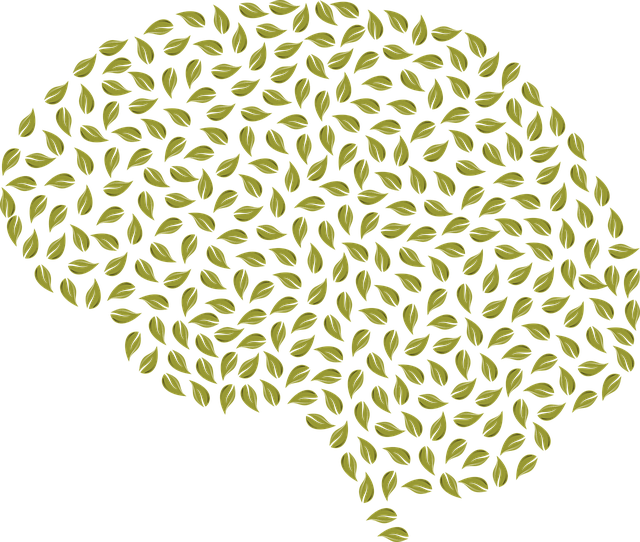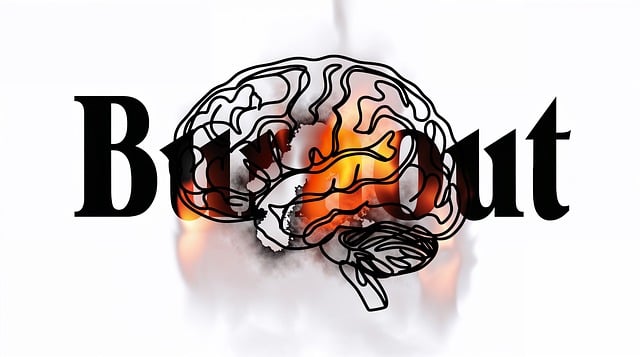In today's digital age, mental wellness apps are transforming access to care, with a growing focus on addressing specific challenges like Centennial Sexual Addiction Therapy (CSAT). These apps offer discrete, personalized support for users seeking recovery from sexual addiction or compulsive behaviors. By combining mindfulness meditation and self-esteem tools, they provide holistic solutions. Developing an app tailored for CSAT treatment involves collaborating with healthcare professionals, integrating evidence-based practices, and employing advanced features like risk assessment tools and social skills training modules. Effective marketing strategies, including content marketing and influencer partnerships, along with thoughtful monetization models, ensure accessibility and user engagement while prioritizing data privacy and safety.
Mental wellness apps are gaining prominence, especially in addressing specific challenges like Centennial Sexual Addiction. This article delves into the crucial need for such digital tools, targeting the right audience for effective therapy. We explore essential features for a comprehensive sex addiction recovery app, essential development technologies, and strategic marketing methods. By understanding these aspects, developers can contribute significantly to the mental wellness space, offering accessible and impactful solutions like Centennial Sexual Addiction Therapy apps.
- Understanding the Need for Mental Wellness Apps
- Target Audience and Market Analysis for Centennial Sexual Addiction Therapy Apps
- Essential Features to Include in a Sex Addiction Recovery App
- Development Process and Technologies to Consider
- Marketing and Monetization Strategies for Effective Launch
Understanding the Need for Mental Wellness Apps

In today’s fast-paced world, mental wellness has emerged as a critical aspect of overall health, with an increasing recognition of the impact of psychological well-being on daily life and long-term success. This shift in perspective has led to a growing demand for accessible and convenient solutions that cater to diverse mental health needs. Mental wellness apps have become a game-changer, offering support and resources directly to users’ fingertips. By leveraging technology, these applications provide an innovative approach to addressing various challenges, including Centennial Sexual Addiction Therapy, self-esteem improvement, emotional regulation, and social skills training.
The need for such apps is evident, especially considering the rise in mental health issues across all demographics. They offer a discrete and non-stigmatizing way to engage with therapy and support groups, encouraging users to take proactive steps towards enhancing their mental resilience. With features like personalized goals, tracking progress, and accessible content, these apps cater to individual preferences and needs, fostering a sense of empowerment and self-care.
Target Audience and Market Analysis for Centennial Sexual Addiction Therapy Apps

The target audience for Centennial Sexual Addiction Therapy apps is primarily individuals struggling with sexual addiction or compulsive behaviors, often men, as research suggests male users are more likely to seek help for such issues. This demographic may include those who have recognized their behavior patterns and are actively seeking recovery, as well as individuals in early stages of realization, hoping to prevent further escalation.
Market analysis reveals a growing demand for digital mental health solutions, especially post-pandemic, where the shift to online services has been accelerated. The focus on self-care routine development for better mental health has led many to explore apps that offer therapy and support. Incorporating mindfulness meditation techniques and working on self-esteem improvement can be powerful tools within these apps, addressing various aspects of an individual’s well-being and recovery journey.
Essential Features to Include in a Sex Addiction Recovery App

In the realm of mental wellness app development, addressing specific addictions like sex addiction is a crucial step in enhancing accessibility to care. An app designed for sex addiction recovery should include essential features tailored to support users on their journey towards healing. Firstly, integrating a comprehensive risk assessment tool allows for early detection of potential risks and triggers, enabling users to be proactive about their recovery. This feature, akin to Centennial Sexual Addiction Therapy, can provide personalized recommendations based on the user’s input, serving as a valuable guide in navigating the path to recovery.
Additionally, incorporating modules focused on social skills training is vital. These interactive sessions aim to foster healthier relationships and communication patterns, addressing underlying issues that may contribute to addiction. By promoting mental health awareness and offering practical tools for managing cravings and triggers, such an app can be a game-changer in the fight against sex addiction. This approach not only supports individual recovery but also contributes to a more informed and supportive community.
Development Process and Technologies to Consider

The development process for a mental wellness app is a meticulous journey, requiring careful consideration and expertise. It begins with identifying specific needs within the realm of mental health support, such as addressing Centennial Sexual Addiction Therapy (CSAT) techniques or integrating evidence-based practices. App developers should collaborate closely with healthcare professionals to ensure accuracy and effectiveness, incorporating features like personalized therapy sessions, progress tracking, and access to a supportive community.
Technologically, several options exist to enhance the user experience. Implementing Mindfulness Meditation exercises and teaching Emotional Intelligence skills can be powerful tools for self-care. Additionally, leveraging cloud technology ensures data security and seamless accessibility across devices. Customizing the app’s interface to cater to different preferences and providing regular updates based on user feedback are essential steps in creating a successful mental wellness solution that resonates with its intended audience.
Marketing and Monetization Strategies for Effective Launch

When launching a mental wellness app, particularly one focused on complex issues like Centennial Sexual Addiction Therapy, marketing and monetization strategies must be carefully considered. Initially, building awareness within targeted communities is paramount. Leveraging social media platforms, collaborating with influential therapists or advocates, and participating in relevant online forums can effectively reach individuals seeking assistance for sexual addiction. Content marketing, such as blog posts addressing common challenges faced by those struggling with this issue, can establish the app’s authority and attract potential users.
Monetization models should align with the app’s purpose and user base. Offering tiered subscription plans with varying levels of access to resources and support services is a sustainable approach. For instance, basic features might include mental wellness journaling exercise guidance and educational content, while premium subscriptions unlock personalized therapy sessions, advanced emotional regulation tools, and regular check-ins with professionals. Integrating risk assessment tools for mental health professionals can further differentiate the app, appealing to those prioritizing user safety and data privacy.
The development of mental wellness apps, particularly those focused on addressing Centennial Sexual Addiction Therapy, presents a promising avenue to enhance access and accessibility to addiction recovery support. By understanding user needs, analyzing target audiences, incorporating essential features, and employing effective marketing strategies, developers can create impactful tools that make a tangible difference in people’s lives. This article has provided a roadmap for navigating the development process, from identifying key functionalities to ensuring successful monetization, ultimately contributing to a more inclusive and supportive digital landscape for sexual addiction recovery.










